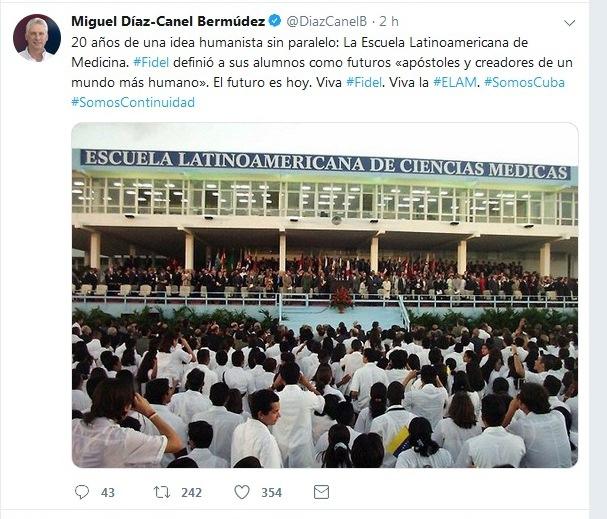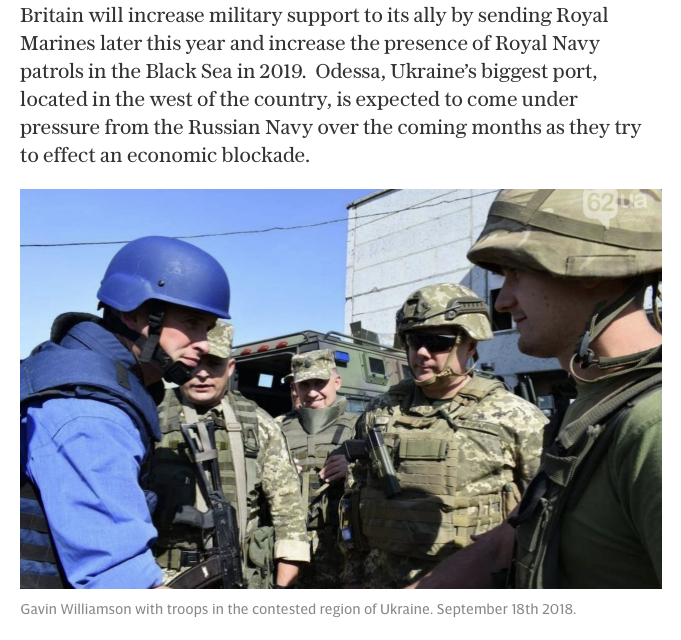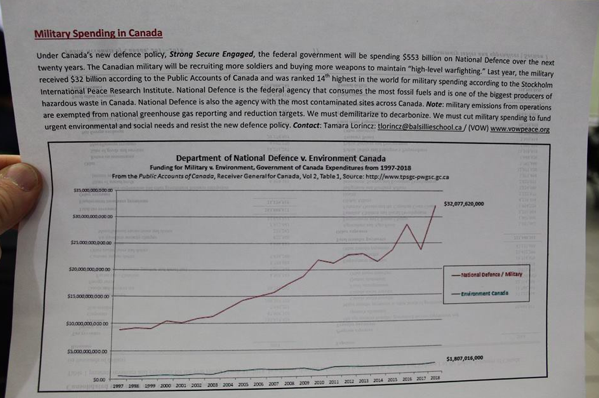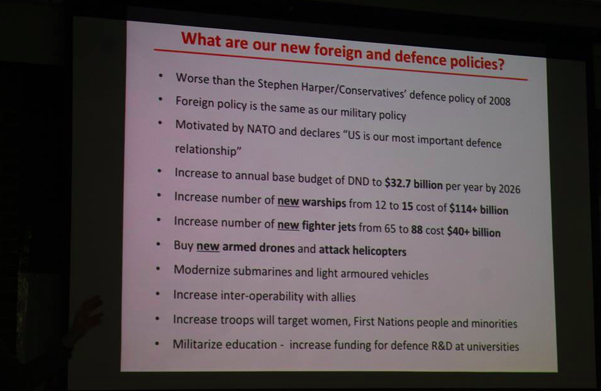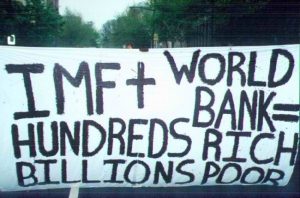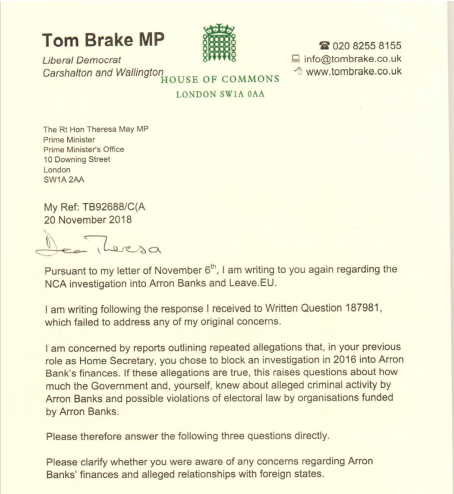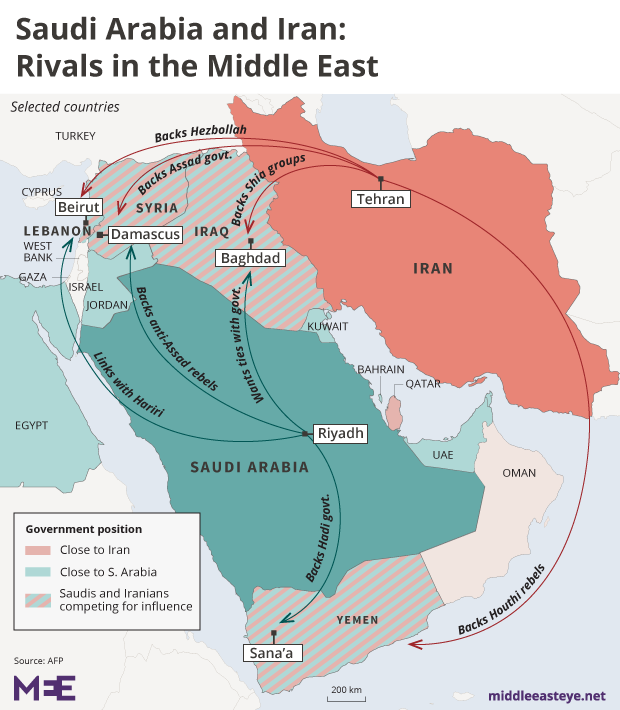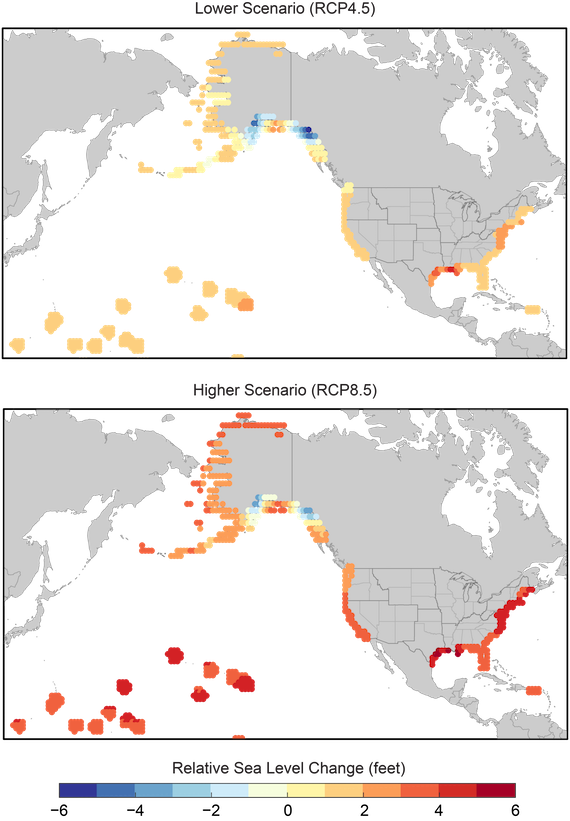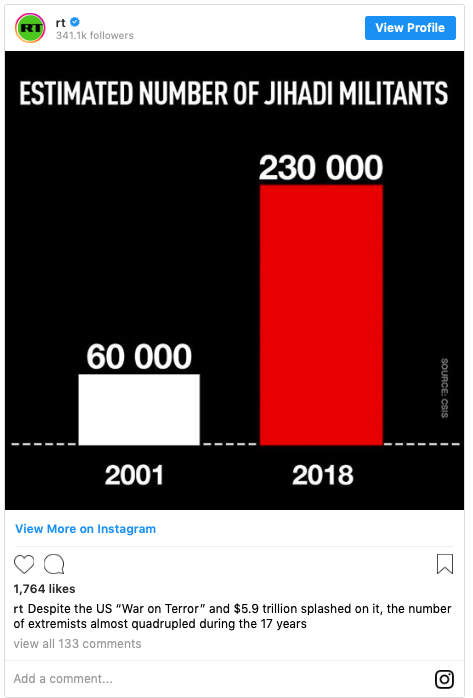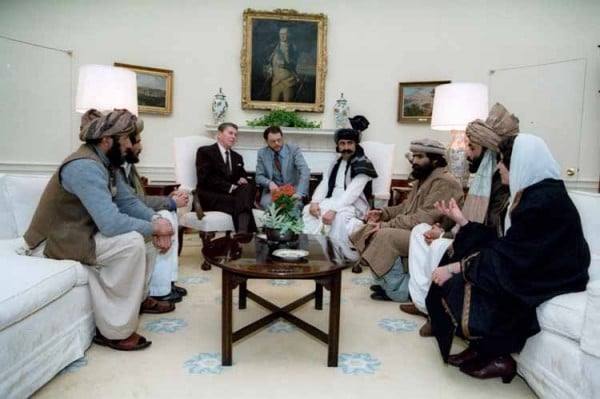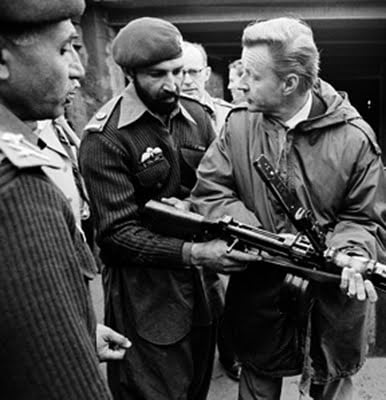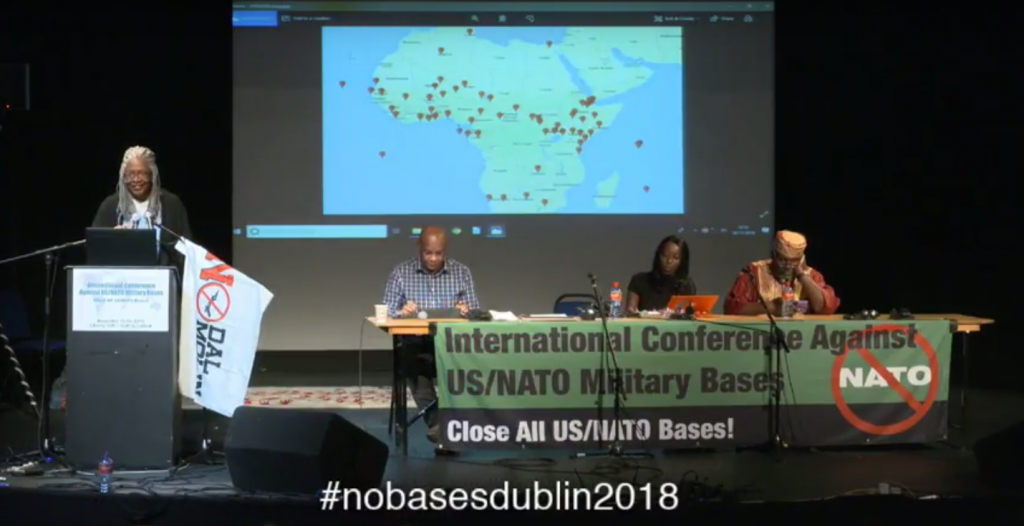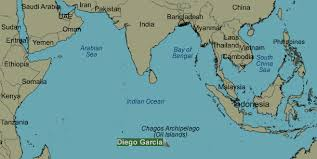.
.
November 2018 marks the official end of one of the most brutal conflicts in human history, and a seminal event of the twentieth century.
The standard account of the origins of the war is now a familiar one. During a June 28, 1914 tour of Sarajevo, Austrian archduke and heir presumptive to the Austro-Hungarian throne Franz Ferdinand and his wife Sophie, duchess of Hohenberg, were assassinated by Bosnian Serb and South Slav nationalist Gavrilo Princip. The Austrians’ response to the crime was to present Serbia with an ultimatum. Unsatisfied with Serbia’s reply, and emboldened by the pledge of support from the German foreign office, Austro-Hungarian emperor Franz Joseph declared war on Serbia on July 28. Respective alliances would pit Germany against Russia in the following days, and by the end of August, France, Belgium, Great Britain, Montenegro, and Japan would also be dragged into this major powers conflict. [2]
The war endured for more than four painful years resulting in the deaths of 8.5 million soldiers and 13 million civilians, the collapse of four imperial dynasties, and the Treaty of Versailles, which branded Germany the aggressor in the war and held it accountable for reparations. This peace document, signed June 28, 1919 and brought into force January 10, 1920, led to the devastation of the German economy, paving the road to the even more devastating Second World War. [3][4]
.
.
.
.
Global Research: This month, November 2018, we mark the Centenary of Armistice Day, the official end of World War 1. The four-year-long conflict was allegedly triggered by the assassination of Austro-Hungarian heir Archduke Franz Ferdinand in Sarajevo. Failure to reply to Austro-Hungary’s ultimatum put them on a war-footing, and interlocking alliances with larger powers pulled other powers into the frame, making it a truly World War.One astounding counter-narrative, however, comes from researcher Gerry Docherty. He alleges that World War I had been planned more than two decades previously by a cabal in London, and that the war was principally a drive to extend and secure the dominance of the British Empire.
Gerry Docherty is a graduate of Edinburgh University and a retired secondary school teacher. He taught economics and modern studies. He’s also a playwright, having written a number of plays with a historical theme. Having been energized by the research undertaken to write his last play, he connected with researcher Jim Macgregor and began a 10-year quest to reveal the hidden history of World War 1.
The two co-authored Hidden History: The Secret Origins of the First World War in 2014, published by Mainstream Publishing, Edinburgh and London, and, in 2018, published a sequel, Prolonging the Agony: How the Anglo-American Establishment Deliberately Extended WWI. That was published by TrineDay. Gerry Docherty joined us by phone from his home in Scotland.
Could you explain to our listeners how you first came to question the official account?
Gerry Docherty: The first point, really, was the simplicity in their account which more or less suggests that a single assassination of a very little-known Archduke precipitated a cataclysmic world disaster. It’s just so simple. It’s kind of throw away pieces of information which is possibly taught to juniors in school, and yet it has survived in a society of millions and millions of learned people as the quick simple response to what caused the First World War. When analyzed, it really does not stand any test of veracity whatsoever.
Indeed, when the action took place of course it did, but it only erupted into something far more cataclysmic because of all the background preparations which this secret group, we call them the Secret Elite, had previously ensured was in place for any such event which could tip the world into this tragedy from which and in which Germany would be crushed.
GR: Okay, so, could you give us an example of some of these, that level of sophistication that the assassination explanation doesn’t adequately address?
GD: Well first of all, I’d like to praise the amazing American researcher and historical writer whose initial work really exposed everything which was happening in that century – Caroll Quigley. And Caroll Quigley was party to a considerable amount of secret British – American documentation which he was clearly threatened with severe consequences if he made public.
He did write the book in which all of this was laid out before observers. And inside his great work, The Anglo-American Establishment, inside that book he says look, follow the clues, follow the money, follow all these persons I have mentioned, and you will see what was really happening.
And when Jim Macgregor and I began to really try to get under the skin of what was going on at the time, and who these people, largely in London initially, where it was a fact so much else had happened and was happening, so much was being orchestrated by a small group of very elite friends, associates, people who were (inaudible) high level, either finance or birth or political influence, and these people were directly responsible for setting all of the parameters within which this horrendous war could take place for the sole purpose, for the main purpose, of dictating a world policy which would see Germany crushed, and the British Empire completely vindicated and drawing strength and strength.
And that group also, initially, had dreams of reconquering America, as they saw it. But essentially, America’s economic strength was so great that that angle was changed so that it was to encompass and include the elite of American banking and financing and political society.
The men who acted behind the scenes, in order to more or less dictate a policy which would have effects across the whole world, and which in time would circle a new world order which more or less disbanded all of the historic empires across Europe and create a new world order. And the power centre for this, the initial money man behind it all, was Cecil Rhodes from British South Africa, the man who owned De Beers, and the gold mines, a great associate and friend and ally of the Rothschilds, who were also very heavily involved in South Africa, a man of immense, immense wealth, who gathered together a very elite group of Oxford-based politicians.
He had a huge admiration for Oxford University and the thinking of the philosophers who had come through that University process, and he believed, as did those he chose to surround himself with, that there was almost a race elite of English men whose influence on the world was so important that this was what the world needs, it needed these men to take control, to direct the whole of the future of the economic and social and developmental structure in the world, that they should be doing it. It should be up to these people. And in this way, and because he had to start somewhere, he used his great wealth and in fact his last will and testament to enable those who followed him to pursue such a policy.
I’m naming names. Cecil Rhodes, and Nathan Rothschild, and a most important man, I would argue, in the 20th century, especially the first half of the 20th century, Alfred Milner. I mean many of your listeners would never have heard of him before, but Alfred Milner was central to this group. He was a man of steel, he called himself an English race patriot, and he was willing to take the steps to create circumstances which in the end would result in Germany being crushed.
He admitted, he admitted to having initiated all of the circumstances which caused the Boer war. So that, that horrendous possibility that these Boer Farmers might rebuke and throw out the might of the empire in South Africa was the first step in actually gaining to create a situation where the helm of state, the helm of this great ship of wealth and determination would be secured for the next century.
And Alfred Milner not only helped and enabled the Boer war to begin – when he came home though, he was very unpopular with politicians. That does not stop these people. When he came home, he dedicated most of the rest of his life before the first World War to actually preparing the British Empire, visiting Canada, and any of the outposts, where he could influence people to prepare to back the mother country, that is Britain, in a war to come that would be against Germany. And he drove that as a passion, as a zealot.
And in the end, it absolutely shocked me that I didn’t know before I started this research, that at the end of the war from 1917 to 18, 1916 to 18 and beyond, Alfred Milner, unelected, was a member of the inner war cabinet which was led by David Lloyd George.
Here he was, the man who admitted to causing the Boer War, by the end of World War 1 was actually a leading influence in the inner War cabinet of the British Empire, and you know what, Michael, he’s been airbrushed from history! A man of such incredible dynamic importance, airbrushed from history.
Only now, only in the 21st century, are a few scholars beginning to pull back the evidence, to fund the research, and to appreciate the incredible power that this man exerted, because it was considered not to be something they wanted people to realize.
GR: Gerry, I just wanted to back up a little bit, you did mention Cecil Rhodes and the wealth, the gold and diamond wealth that he’d accrued, so that certainly gave them the means, in addition to what you mentioned, Oxford University as a major intellectual centre, at the same time there are also a unique set of circumstances in terms of the networks that were established.
You mentioned that with Alfred Milner that they enabled these elite moneyed interests to go beyond – to essentially overtake what the political powers, what we are used to thinking of as the major political powers, giving them even more power to those moneyed elites and taking it to the international level.
I have to ask, first of all, this enmity toward Germany. I think you alluded to a sort of a racialized character here, but I just want to probe a little bit more. What was it about Germany that would evoke that need to crush them, as opposed to say the United States? Why would they find, why would those elites not be able to establish formal ties with Germany, whereas they could with the United States? And France and Russia? What was the specific threat posed by Germany that would cause this decades-long plot?
GD: Basically, Michael, it was economic. The rise of Germany as a nation-state after 1871, brought with it a huge economic revival, and Germany was spreading its goods and services, its exports across the world and threatening the British economy. And it became very clear at the turn of the century that the economy which was driving forward was that of Germany.
It had had a, if you like, a later starting base than the British technological revolution. And that was very, very worrying because people in power did not want to see the empire under any kind of economic threat whatsoever. America, at this point, was not viewed as a nation which wanted to have its own empire, it wasn’t viewed in that way, so – and in many ways of course there were positive economic links there which were growing.
Another thing about Germany that was a bit problematic was in fact that the Kaiser was one of Queen Victoria’s favourites. He was probably, no she was undoubtedly the monarch in Europe ??
He was, I can’t remember precisely what the relationship was, I’ll catch up with that in a minute. The Kaiser was an emperor, and she absolutely respected him…liked and loved him, in fact, and he visited her, and in truth, and this will surprise many, many of your listeners, he actually was the man in whose hands Queen Victoria died! He was with her in the room at the Isle of Wight in her private residence when she died in 1901. And that of course was something which was again kept very much from the people.
And what we see in the propaganda of this time was a realization that Germany, and it became personalized on Kaiser Wilhelm, that Germany was the threat to the absolute dominance of the British Empire and the British economy.
And it was, it became focused also on a notion, a really false notion, that the Germans had embarked on an arms race, in shipping, in battleships, that the Germans were threatening to master the British Navy on the high seas. And of course, when you think of the economic links of the times, and the importance of naval passages, and all of that, it became, it got to the ridiculous point where governments were threatened unless they kept producing more of these great dreadnoughts and battleships than Germany was producing.
It became a huge, very important political issue, because it epitomized the fear of the… the whole… Just thinking of the right word here, Michael, it epitomized the threat as was perceived, as was absolutely encouraged, by the propagandists in terms of what Germany’s aims were, the assumption that Germany intended to take over the world, economically and perhaps even more so because people who have their own secret agendas often visit them on others and not just to create a false impression.
GR: Now, there is a very important point that you make of American involvement, and I think probably one of the most important turning points, was the sinking of the Lusitania, which I believe has been exposed to have been, I guess what you might refer to as well, that is not – basically it was shot by a German gunboat, and this is just been portrayed as just an act of barbarity, among other propaganda that’s been penetrating the consciousness of Americans and people around the world about the barbarity of the Germans, even though you present a very different picture here. Could you give us a little bit more background on that? The American connection?
GD: The whole issue with the Lusitania was that war had begun, and war had to be justified. That every time America was hugely important. There were in America a considerable number of people who genuinely did not want to be in the war or have anything to do with the war. They consider it quite correctly to be a European War, and took that stance very firmly.
There were huge numbers of German-Americans or Irish Americans who deeply, deeply distrusted the British government, and it was a sordid time in many ways. So, every ounce of propaganda that could be focused on America was. And Lusitania was perhaps the greatest single effort made to draw America into the war as early as 1915 in order to have access to all of the money, resources, the huge industrial power that stem from America, the armaments, the munitions, etc.
Lusitania was in fact not a simple passenger liner. She had been created in the Royal Navy auxiliary, considerable amounts of money had been spent in having her decked out with strategic capacity to carry cargo, and she was in fact regularly carrying (inaudible) munitions from United States to Britain, and that itself was hugely, hugely important to the survival of the British army and its capacity to actually fight in Europe.
Even more important, it carried Americans. And possibly, plainly, perfectly obvious to the Germans from their own people in the United States in New York, that in fact, munitions were being loaded onto this liner on a regular basis. And they took a very firm step of saying: Stop this! This must stop! The Lusitania is being – her neutrality and American neutrality is being abused, and in fact we have to warn you that this boat will be sunk if she continues performing in the manner in which she did, acting more or less as a service ship for the British cause.
This was ignored in Britain. They knew that the German subs were out looking for the Lusitania and they actually took action to make sure that the Lusitania had no protection whatsoever as she approached the coast of Ireland in May 1913.
Intermission
Part Two
GR: Well I think one very important battle or front was the attempt to, the campaign the Gallipoli campaign, that Russia had an interest in basically invading Turkey, or attacking Turkey, and the Brits sort of made it, made sure that…they wanted to make it look like they were supporting the Russian … the Russian plan but made sure that it would not succeed. What motivated them to take that particular course that they did? Because it was a pretty significant, from the standpoint of Russian, making sure that Russia was on side with Britain and France in this war.
GD: Yeah, and in many ways, I thoroughly understand anyone that rushes into a conclusion that that is impossible, could not have happened, but let me point to a few facts.
Firstly, it was assumed that Russia would sweep in from the east and there were so many men in the Russian army that there would be a tidal wave across, coming from the east which would sink the Germans, and the British and French together coming from the west would do likewise, and the war would be over. Initially, of course the great claim was that the war would be over by Christmas.
Right. It wasn’t. The Russian army was exceptionally weak, although they had men, they didn’t have the proper munitions, they didn’t have a structure which promoted good judgement in the generals, it was all tied to the royal family and to the nobility, and the Russian army suffered massive, massive setbacks in the first two years. The Tzar was asking the question to the British representative in St Petersburg, which was then the capital: What’s in it for us? You know, we’ve lost millions of men and there’s going to be nothing in it for us.
The great golden carrot was Constantinople. Constantinople, at the bottom of the Black Sea was the gateway between the Black Sea and the Mediterranean. It would have given Russia what it didn’t have, which was in her whole empire it would give her a warm water port. She would be able to negotiate and trade and travel right away through the world for the first time. The British had no intention from step one. Absolutely none of ever allowing it, but they committed themselves to do it in order to make sure that Russia was tied into the war.
So two years on, by 1915-16, Lord – something had to be done to convince the Russians because the whole of the Western Front had seized up in the mud of Flanders, and this was looking particularly bad. So it was decided that they would revert to a plan which had been discarded about 5 years before the war took over, which was to send in the great naval ships up the Dardanelles and through the very narrow straits into Constantinople, and the feeling was …the Turks would surrender when the great battleships trained their guns on the capital.
Now the reason why it had been discarded in 1911 was the realization of how easy it is to mine first of all the progress of the great battleships, and also there were great gun batteries up on the Dardanelles, up on the heights, which made any kind of attack extremely, extremely difficult. Yet the Russians had to be won over. And so a full initiative was eventually forced on Kitchener. General Kitchener, who was obviously in charge of the War Office in the British army, accepted the need to be seen to be doing something. So he appointed one of the least efficient, one of the least experienced of his generals to give the lead on the attack on the Dardanelles to attack Turkey.
Believe it or not Michael, so ill-prepared was this General Hamilton, he didn’t have any prior information, he didn’t have the most recent reports from all of that area from British agents, he didn’t even have maps that were sufficiently accurate. They were actually scouting the markets of Cairo in Egypt to try and get as up-to-date maps as they could find before the invasion took place. It is so ridiculous that it’s embarrassing. And of course, the Turks could see this whole invasion coming, they were well prepared for it, and it led to an enormous loss of lives, much of which was pitiless in its…
These young men who were thrown onto the beaches under these guns, many of them had insufficient water, many of them died through dehydration and other illnesses, it was a shocking affair. But when Russian generals saw this happening, they came to the conclusion, yes they’re doing something for us, they’re going to take Constantinople for us. It reassured the Russians, and that was his point.
GR: Now, I wanted to move on to the other aspect of this, the equally interesting is – you call it the cover up. You mentioned the researcher Carroll Quigley. I know that he’s got two books, The Anglo-American Establishment, and Tragedy and Hope: The History Of The World –
GD: Two great books, yeah
GR: And they’re not easy to find.
GD: Let’s start with Carroll Quigley, because he was a very brave man, he was a part of the American establishment, and he was a well-liked and loved professor. In fact, Bill Clinton referred to him in his acceptance speech when he was nominated by the Democratic Party. And Carroll Quigley realized that what he had stumbled upon, what he had been given access to see, what he eventually was writing about, was so sensitive, he feared that his life was in danger, and he actually said so on a radio interview that he gave in 1974, uh, where he explained how he had come by the information, and he became quite animated in this expose and warned the radio host to be very careful what was being said, because – and what he actually used, because there were powers around in the 1970s which would, according to him, which would endanger their lives.
What he discovered was that in the spring of 1966 the publishers, MacMillan, were planning to issue Tragedy and Hope. And in the summer of 1966, McMillan was bought, the company was bought by a holding company, and stopped all advertising of Quigley’s book. Tragedy and Hope got a quarter page advert in the New York Times, and that was all, and anything about it was cut back.
It was supposed to go out in reprint a 1968. Collier books bought out the last half of the books but never told them, and it was allowed to go out of print and they promised him that something would be done, that it was just temporarily out of stock. Then he discovered that they weren’t going to print it at all, that his contacts told him that they couldn’t get the plates, that the plates had been damaged, and in fact, there was no way that the book would see light of day again.
I mean this is quite – this is a direct attempt to simply stop the book being published. And that interference in the right of people to know and to speak their minds, it runs against the American Constitution, but so be that. And that was just one of the things which was of great importance, to actually keeping this out of people’s awareness. So that the traditional history could continue to be taught.
GR: Could you talk about the efforts to round, to go to the different countries and round up all those incriminating documents and either seal them off from public view or destroy them outright?
GD: Yeah. Perhaps the greatest single theft of knowledge and information was that which was perpetrated at the end of the first World War, through and by Herbert Hoover, who had been the man responsible in leading the so-called Belgian Relief Fund or American Relief in Belgium. What Hoover and his associates did was, they began to collect and collate hundreds of thousands of pieces of evidence, anything to do with the war, especially those days before the war, whole streets of German official papers disappeared, of Russian correspondence disappeared.
And the story given about, was that what Hoover and his associates were doing, was they were collecting all of the evidence so that history wouldn’t lose it and they were sending it back to America, and in fact it was destined to go to Stanford University in California where it would all be safely collated, and it would be safeguarded for the world.
In fact, what was happening, was that – I mean, we’re talking about so much, so much stock that it that it filled (inaudible) and cargo ships going back from Europe to America. I mean you’re talking about an enormous mountain of evidence which was taken away. Anything at all to do with the workings of the so-called Belgian Relief Fund, anything to do with those who had been in correspondence in the days before the war, anything which would have pointed to a different story line that they wanted to promulgate through the Treaty of Versailles, and that was basically that it was all Germany’s fault, all of this was scooped out of Europe and taken away.
So then it’s unique, it’s unique in history that a deliberate effort was taken to absolutely clear out volumes and volumes of evidence of goodness knows what because we’ve never really been given sight of it, and the promise was that it would probably take about 2 years to get all this sifted through. Well it didn’t take anything. It’s still not really. We still don’t know the full extent of what was taken, or by whom, and how it was taken.
GR: Now, one other thing that I think is very counter-intuitive is the case of Russia and their participation in the cover-up. Because in the time, I mean we had, there was an anti-war movement in Russia that would seem…you’d think that when the Bolsheviks took over, what interest do they have in supporting the cover-up of the truth about World War I? Could you outline that for us?
GD: You have to remember the absolute confusion of that time, the stepping down, the abdication of the Tsar, and then the various governments which eventually ended up with Lenin and Trotsky whose whole arrival back in Russia was a feature of sublime cleverness by powers that be throughout Europe to be able to get these two men in particular, who would foment revolution into the top spots, was almost unprecedented itself as well.
But the truth of the matter was that Russia, Lenin in particular, had a problem with armaments, had a problem with finances, had a problem with being able to ensure that they could win the internal civil war in Russia. So therefore, they needed money, and money was more important than virtually anything else. They needed to exchange the money for ammunitions, for guns, for the wages of war, and this they did, and they made it very easy for information to be collected from Russia. They weren’t interested particularly in this information, they were more interested in the price it could get them in order to finance their own civil war.
So, there was a period of, in Russian history of that time, no one knew for sure who was about to win this horrendous trouble that was going on, and in the midst of it, a very interesting group like American Red Cross had visited the Russian government, the new Russian government, and the people who were on that Red Cross group were financiers from the Morgan, the Rockefeller, the Wall Street powers. Which was a strange group to have as representatives of the American Red Cross, so we can safely assume that something other than the good of the injured and the ill was taking place.
So inside that confusion, and inside that time scale, a great deal of the archives from Russia were also easily sifted out. It was said by Hoover, when he was asked, how easy it had been to get hold of all of the vast, vast estates of records that he had collected, and was taking to the United States. And it’s really easy to get starving people to say yes.
GR: Gerry Docherty, we’re kind of running close to the end of our time, but I wanted to make sure you had a chance to speak a little bit to the combination of carrots and sticks that conspire to prevent honest researchers from revealing some of these inconvenient truths about World War I and the way history has unraveled since, and maybe some of maybe some of the ways that researchers are co-opted into continuing this cover-up.
GD: I think that the university system, as set up over the last century, has enabled those in charge of the courses and the departments in the greatest universities in the land to dictate what is and what is not accepted as a historical fact. So that when students are writing essays, they are given the accepted reviews and evidence to use in their work. When lecturers come forward, they are using orthodox explanations, and anyone who steps out of line, who goes towards unacceptable history in the eyes of these people they would probably have their tenures cut, possibly forever.
And when you’ve got a wife, family, house, mortgage, and all the trappings, it really takes more than courage to actually stand up and say: Well, there’s another side to this. Can I ask you to look up, or tell the students that they should perhaps be looking at other sources – which especially as the 20th century developed, became more and more available online through research and through governments deciding that 50, 80, 100 years was long enough to keep some of these documents out of circulation. And that has had a lasting effect on what we accept as orthodox history.
GR: Gerry Docherty I wish we had more time to speak because I do see some parallels with what some of us independent journalists have to go through. You know you get labelled ‘conspiracy theorists’ or ‘fake news’ or whatever all in that same spirit of trying to conceal the authentic record. Gerry Docherty, thank you so much for your time.
GD: My pleasure, Michael, thank you.







